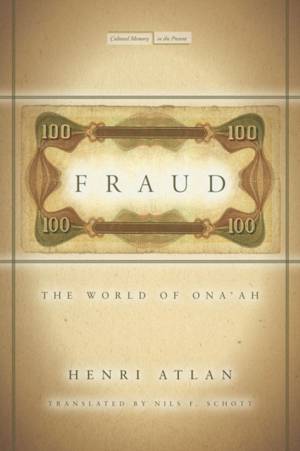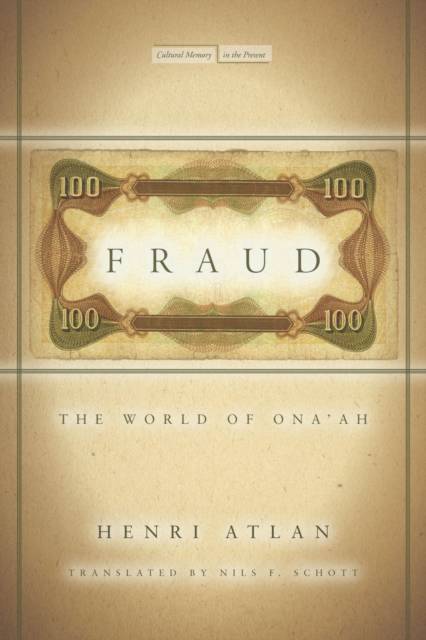
- Retrait gratuit dans votre magasin Club
- 7.000.000 titres dans notre catalogue
- Payer en toute sécurité
- Toujours un magasin près de chez vous
- Retrait gratuit dans votre magasin Club
- 7.000.0000 titres dans notre catalogue
- Payer en toute sécurité
- Toujours un magasin près de chez vous
Description
We can calculate financial fraud, but how do we measure bad faith? How can we evaluate the words of the pharmaceutical industry or of eco-scientific ideologies, or the subtle deception found in political scheming? Henri Atlan sheds light on these questions through the concept of ona'ah, which in Hebrew refers to both fraud in financial transactions and the verbal injury inflicted by speech. The world of ona'ah is a world of an "in-between," where the impossible purity of absolute Platonic truth gives way to a more relative notion-the near-theft, the quasi-lie. Today it seems that no discourse is safe from fraudulent excesses, be they intentional or no. As both philosopher and biologist, Atlan works on several registers. He forges links between the Talmud, the Kabbalah, and the big questions of our time, multiplying the bridges between science, philosophy, and current ethical dilemmas. In a context of financial and moral crises that appear to be weakening our democracies, Henri Atlan's work allows us to rethink the status of fraud in the contemporary world.
Spécifications
Parties prenantes
- Auteur(s) :
- Traducteur(s):
- Editeur:
Contenu
- Nombre de pages :
- 272
- Langue:
- Anglais
- Collection :
Caractéristiques
- EAN:
- 9780804777100
- Date de parution :
- 21-08-13
- Format:
- Livre broché
- Format numérique:
- Trade paperback (VS)
- Dimensions :
- 155 mm x 228 mm
- Poids :
- 381 g

Les avis
Nous publions uniquement les avis qui respectent les conditions requises. Consultez nos conditions pour les avis.






